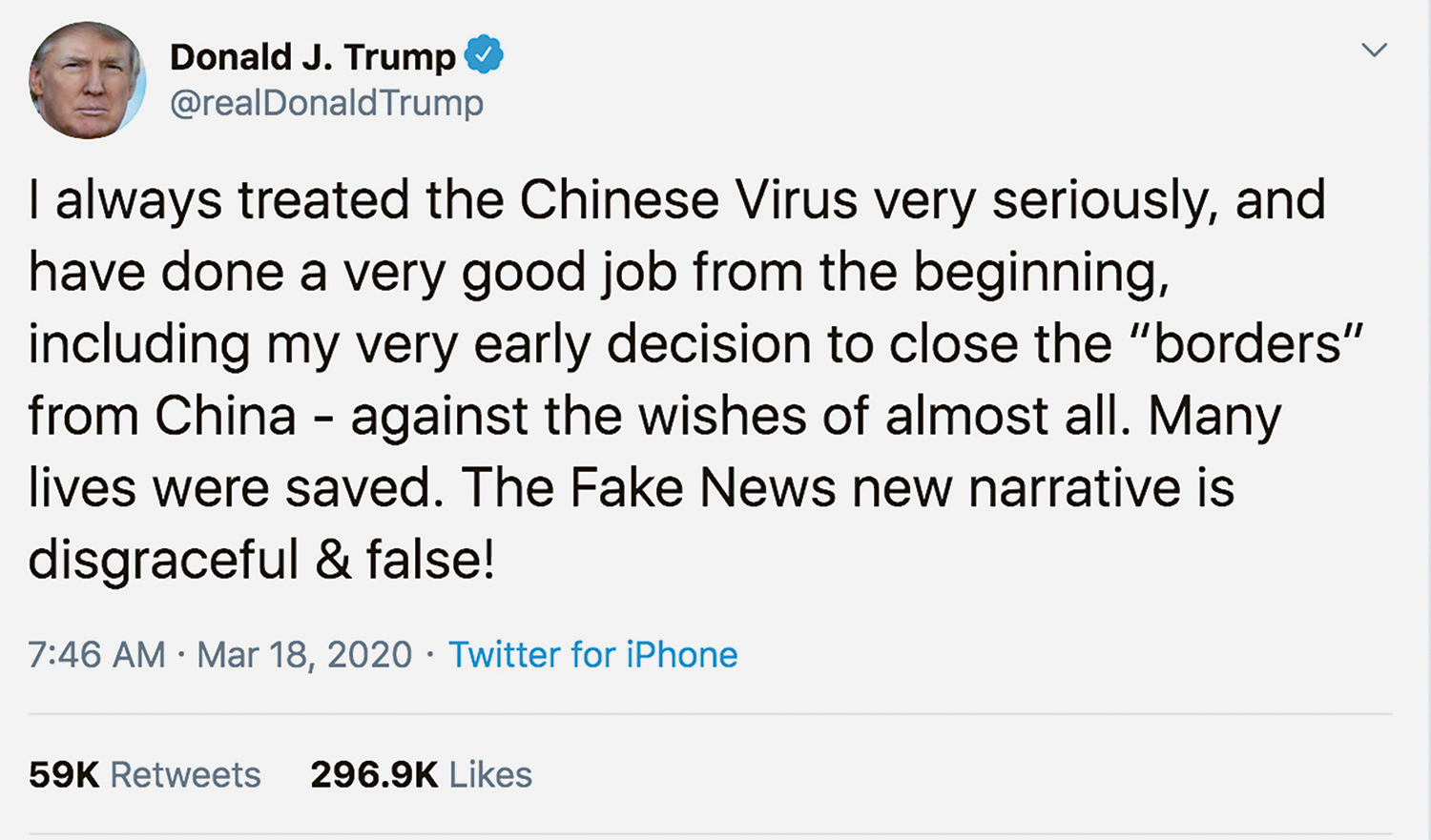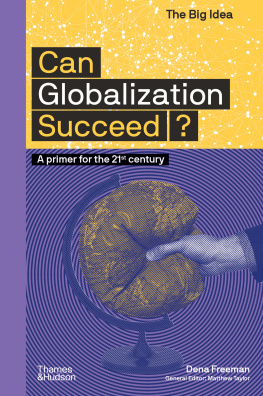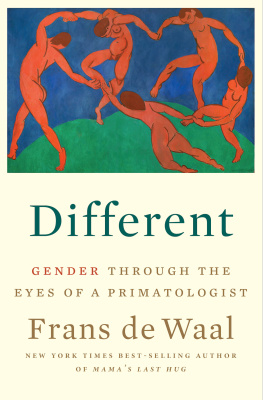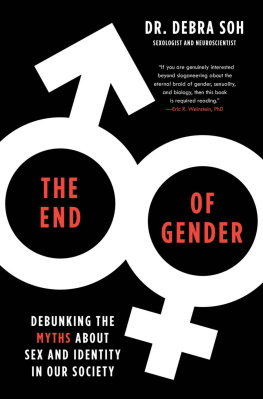



About the Authors
Dena Freeman is senior visiting fellow at the Department of Anthropology, LSE. Her work focuses on globalization, development, inequality, religion and democracy. Most recently, she explored the de-democratization of economic policy in contemporary neoliberal globalization in association with LSEs international inequalities institute.
Matthew Taylor is Chief Executive of the RSA, a 250-year old British institution devoted to enriching society through ideas and action to deliver a 21st-century enlightenment. A writer, public speaker and broadcaster, he has written widely on policy, politics, public service reform and cultural theory, and frequently appears on Newsnight, The Daily Politics, and Radio 4s Today and The Moral Maze. He was previously General Secretary and Chief Executive of the Institute for Public Policy Research, Britains leading think tank.
Other titles in the series published by
Thames & Hudson include:
Is Capitalism Working?
Is Democracy Failing?
Is Gender Fluid?
Is Medicine Still Good for Us?
What Shape is Space?
Will AI Replace Us?
Is Masculinity Toxic?
Should We All Be Vegan?
Is Technology Making Us Sick?
Can We Save the Planet?
Does Monogamy Work?
www.thamesandhudson.com
www.thamesandhudsonusa.com
www.thamesandhudson.com.au
Contents

Quick-recognition text hierarchy
Read this book in the way that suits you best. Paragraphs are prioritized using different font sizes. The larger the font size the more important the words are to the overall concept or argument.
So, if you only have half an hour to spare, just read the paragraphs set in the two largest font sizes and youll still get a basic overview of the subject.
With an hour at your disposal, get a deeper understanding of the principles and arguments by reading all the paragraphs apart from those in the smallest font size.
If you can set aside a couple of hours, youll be able to read the entire book and get both a well-balanced overview and a detailed comprehension of individual concepts.
Pertinent and punchy imagery
Images are as much a part of the debate as the text itself. Juxtaposed in a thought-provoking way, or used to expand on the argument, they offer additional insights throughout.


A Street art in Lisbon, Portugal, by artists Blu and Os Gmeos, showing a businessman, crowned with the emblems of international oil companies, holding the earth in his hand and sucking it out with a straw.
Can globalization succeed? This is the question on the lips of policy-makers and ordinary people alike, as the world appears to teeter on the brink of fundamental change.
Will globalization continue, especially in the wake of the COVID-19 pandemic, or are we about to enter a new period of nationalism? Is globalization a good thing? And if so, good for whom? How does globalization relate to economic inequality, to pandemics and to climate change? What would it mean for globalization to succeed? Would a successful globalization be a simple continuation of contemporary processes until it reached some kind of stable endpoint or would it require a radical transformation in the nature of globalization itself?
These are big and vital questions. Globalization affects the lives of just about everyone on the planet and thus questions about the future of globalization are important for us all.
In recent years, a number of scholars and commentators, such as Michael OSullivan, Stephen D. King, John Ralston Saul and Antimo Verde, have started to argue that globalization is over.
They point to the rise of populist politicians such as Donald Trump (b. 1946) and Viktor Orbn (b. 1963), who blame their respective countrys problems on globalization and promise to build fences and tariff regimes to keep out foreign people and foreign goods, and more recently, foreign viruses. These scholars claim that even before the COVID-19 pandemic, levels of world trade were beginning to decline, and they would see the precipitous fall in international trade, travel and tourism caused by responses to the pandemic as a further step in this direction. They argue that the world is heading towards a new phase of nationalism, racism and possibly even war.

B During the COVID-19 pandemic US President Donald Trump tried to foster nationalist and xenophobic sentiment by portraying the new virus as Chinese.
Others are not convinced. Scholars such as Michael Bordo and Moiss Nam find it hard to imagine that globalization is coming to an end and have instead argued that it is temporarily slowing down or resetting after the 2008 financial crisis, and will most likely get back on course and continue to evolve in the coming years. More forcibly, Susan Lund and colleagues from the McKinsey Global Institute argue that despite the rise of nationalist rhetoric, at least before the COVID-19 pandemic, globalization was showing no signs of slowing down. They claim that rates of international trade and international capital mobility were at an all-time high. Furthermore, technological advances of the Internet and social media are increasingly connecting everyone in an ever-evolving social web. They maintain that despite the current blip, globalization is not only continuing, but even speeding up and deepening.
A third group of scholars and commentators, including David Held, Heikki Patomki and Thomas Pogge, argue that the current form of globalization is inherently undemocratic and unjust, and that it is leading to increasing social, economic and health inequality all over the world. They claim that a different kind of globalization is needed, one that takes into account citizens voices and shares the benefits more fairly.

A Guests at a Sakura Hanami (cherry blossom viewing) party in Tokyo, Japan, mix local tradition with global food as they eat Kentucky Fried Chicken under the cherry blossom.
In order to make sense of this diversity of opinions, and to understand what is going on in the world, it is necessary to first define more precisely what we mean by globalization. Broadly speaking, the term globalization is used in different ways to mean three quite different things.
Next page


















